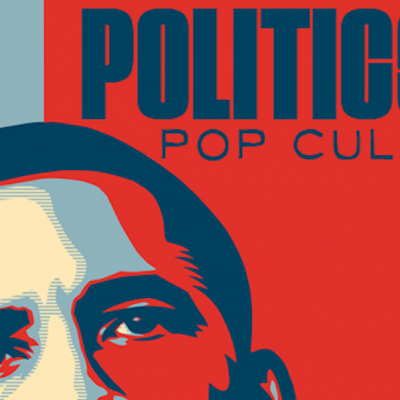
Garry Bertholf, Joseph Winters
Type: Visiting Fellow
Broadly speaking, “The Black Charismatic” explores the interplay between black politics and popular culture, while drawing on methods from performance studies and rhetorical theory. More specifically, “The Black Charismatic” is an examination of post-civil rights black political leadership; and it uses Tavis Smiley’s yearly “State of the Black Union” address as a touchstone for examining affective (commonly called “charismatic”) black leadership. Relying almost entirely on film, video, and digital archives, the book traces the eleven-year-long evolution of Smiley’s annual event, and offers original transcriptions of Louis Farrakhan, Michael Eric Dyson, and Cornel West, all of whom made frequent appearances as panelists at the State of the Black Union. Through close readings of their televised performances, the book theorizes that “the black charismatic” now threatens to undermine the political opportunities afforded by the success of the modern civil rights movement, and increases the illusion, today, of a black public sphere. The book focuses on these affective political performances in order to draw broader conclusions about the new liberalism of African-American politics. “The Black Charismatic” asks readers to think more closely about the unintended consequences of substituting affect for political action (i.e., ephemeral catharsis without dangerous political consequences). Moreover, the book calls attention to the importance of technology, and to the ways in which new media have changed, even upended the political habitus itself. Since charismatic leadership is a deeply gendered phenomenon, the book also focuses its hermeneutics on complex issues of gender performance (and so-called “respectability politics”) as well as the charismatic leader’s (il)legible black masculinity.